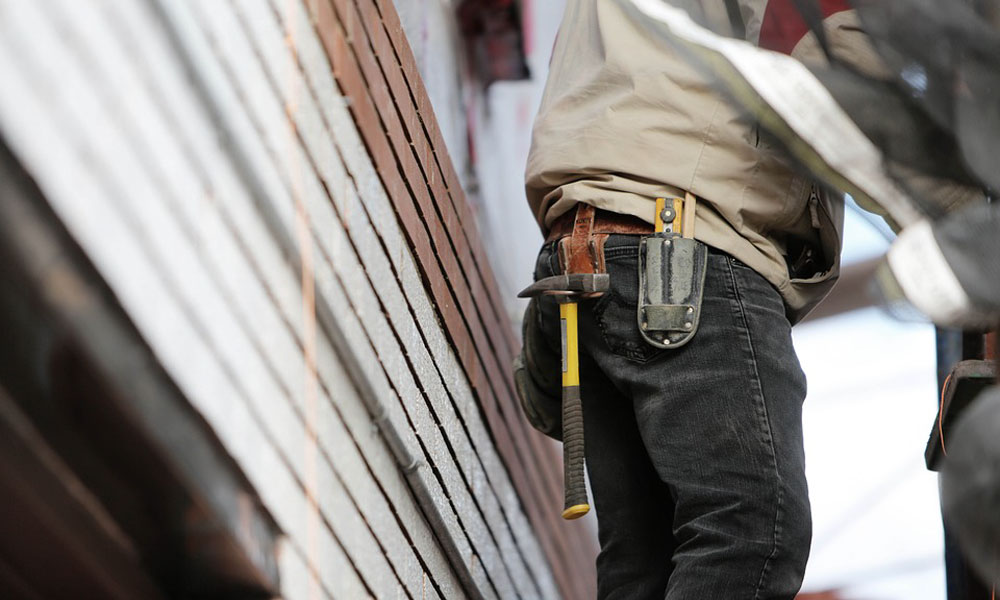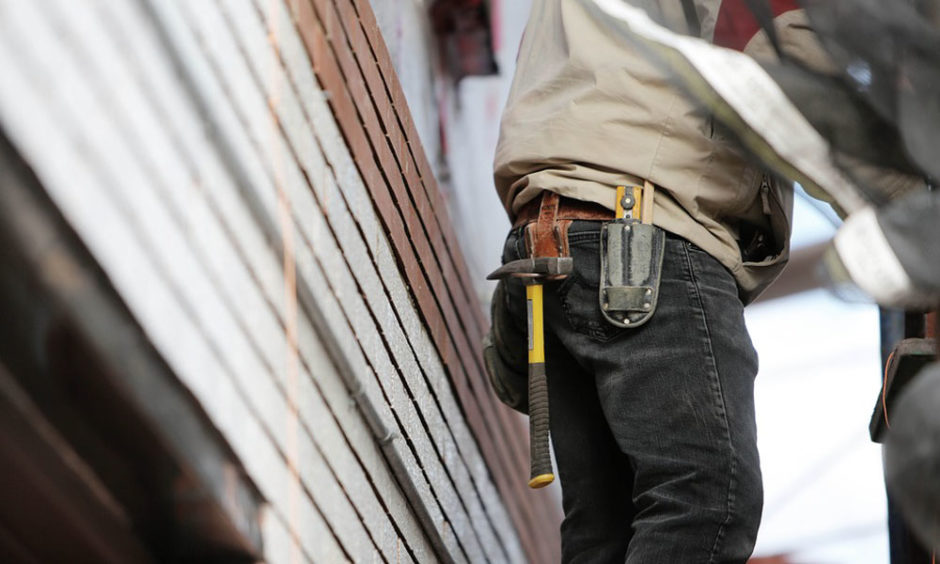Resorts World Las Vegas Announces Construction Manager, Recipients of Over $400 Million in Contracts
LAS VEGAS, NV – Resorts World, the famed chain of resort casinos, is looking to build their newest location in Las Vegas, Nevada, and to that end, they announced this week not only the proposed establishment’s Construction Manager, but also that they will be awarding a whopping $400 million-plus in contracts to various companies for a variety of services, materials, and personnel in order to make the ambitious project a reality.
W.A. Richardson Builders, LLC has been pegged by developer Genting Group of Malaysia as Resorts World Las Vegas’ official Construction Manager, heading up construction on the first, ground-up, integrated resort development on the Las Vegas Strip in a decade. In addition, over $400 million in contracts have been awarded by the Genting Group for numerous purposes related to the resort’s extensive construction, ranging from bulk orders of concrete and steel to tower crane equipment and operators.
Targeting the grand opening for 2020 on Las Vegas Boulevard South, the Resorts World Las Vegas “megaresort” will boast 3,000 rooms and will sport a Chinese-style architecture and lighting theme. Located at the intersection of South Las Vegas Boulevard and Resorts World Drive – diagonally across from Wynn’s Encore tower, and within walking distance to the Las Vegas Convention Center and Fashion Show Mall – Resorts World Las Vegas is expected to be a great boon to surrounding businesses as well once it opens, generating a great deal of anticipated walk-in traffic by attracting tourists.
W.A. Richardson Builders of Las Vegas, had already been utilized by Genting Group for pre-construction services, including infrastructure and utility work, the completion of the main parking structure, preliminary steel and foundation work, and permitting and remediation across the site to prepare it for the commencement of construction.
The Resorts World Las Vegas project has encountered numerous roadblocks and hiccups over the years; originally intended to open in 2016, the project occupies the space of the former Stardust Casino, which was imploded by the Boyd Gaming Corporation in 2007 to make way for a resort that was to be called The Echelon.
When the Echelon project fell through in 2008, the 87-acre property laid dormant for several years until it was purchased by the Genting Group in 2013; from there, the newly-proposed Resorts World Las Vegas hired its first president and announced that construction would commence the following year, employing over 1,000 workers in that endeavor. When the $4 billion resort opens in 2020, it will employ 3,000 union employees and feature a 175,000-square-foot casino, a replica of the Great Wall of China, and a panda exhibit, according to reports.
Through the Resorts World Las Vegas project has stalled in the past, these recent announcements have instilled a sense of confidence in the proposed megaresort, which is sure to not only generate interest from tourists and tax revenue for local government, but also a positive financial trickle-down effect for local businesses as well, creating a win-win situation for the Las Vegas economy as a whole.
Need information on the fast-evolving Las Vegas market? New home construction referrals? Las Vegas developers for investment homes in the area? Please feel free to give us a call at 702.376.7379 so we can answer any questions you may have.



